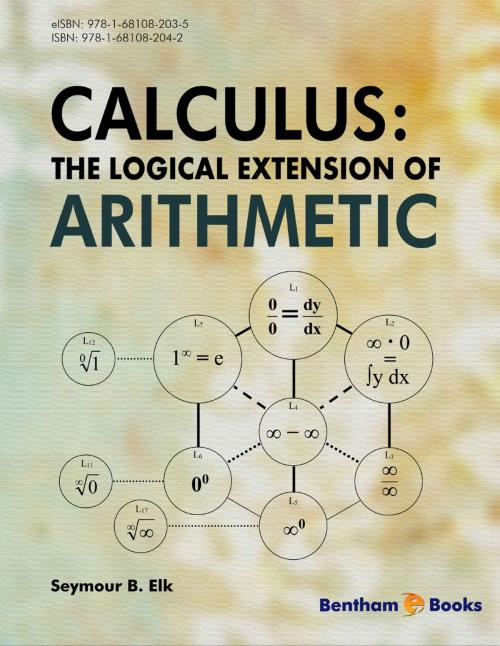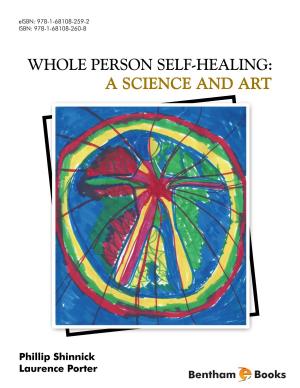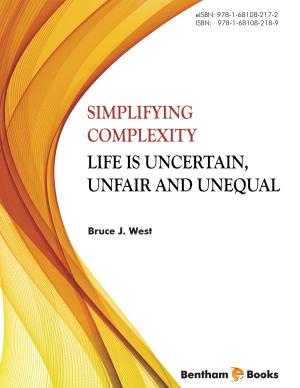Calculus: The Logical Extension of Arithmetic
Nonfiction, Science & Nature, Mathematics, Infinity, Calculus| Author: | Seymour B. Elk | ISBN: | 9781681082035 |
| Publisher: | Bentham Science Publishers | Publication: | December 11, 2016 |
| Imprint: | Language: | English |
| Author: | Seymour B. Elk |
| ISBN: | 9781681082035 |
| Publisher: | Bentham Science Publishers |
| Publication: | December 11, 2016 |
| Imprint: | |
| Language: | English |
Understanding Calculus as a Logical Extension of Arithmetic re-examines the calculus paradigm by expanding the set of ‘indeterminate forms’ espoused by l’Hôpital 320 years ago. Starting from the 54 possible binary combinations of the foundational numbers (zero, one and infinity), a replacement for the function theory formulated earlier by Newton and Leibniz, is presented. A logical extension of the three concepts of differentiation, integration and the Naperian base number e follows this introduction, which is interpreted as ‘zero divided by zero’, ‘infinity times zero’ and ‘one raised to the infinite power’, respectively. The concept that a number postulated as representing ‘nothing’ is reinforced a useful connection to calculus theory. This treatise proposes a ‘similar’ number to denote and quantify ‘all’, in order to understand the concept of infinity. Other topics covered in this text include analytical geometry, infinite sequences and infinite series. Understanding Calculus as a Logical Extension of Arithmetic is a useful reference on advanced calculus theory for mathematics students and researchers.
Understanding Calculus as a Logical Extension of Arithmetic re-examines the calculus paradigm by expanding the set of ‘indeterminate forms’ espoused by l’Hôpital 320 years ago. Starting from the 54 possible binary combinations of the foundational numbers (zero, one and infinity), a replacement for the function theory formulated earlier by Newton and Leibniz, is presented. A logical extension of the three concepts of differentiation, integration and the Naperian base number e follows this introduction, which is interpreted as ‘zero divided by zero’, ‘infinity times zero’ and ‘one raised to the infinite power’, respectively. The concept that a number postulated as representing ‘nothing’ is reinforced a useful connection to calculus theory. This treatise proposes a ‘similar’ number to denote and quantify ‘all’, in order to understand the concept of infinity. Other topics covered in this text include analytical geometry, infinite sequences and infinite series. Understanding Calculus as a Logical Extension of Arithmetic is a useful reference on advanced calculus theory for mathematics students and researchers.















